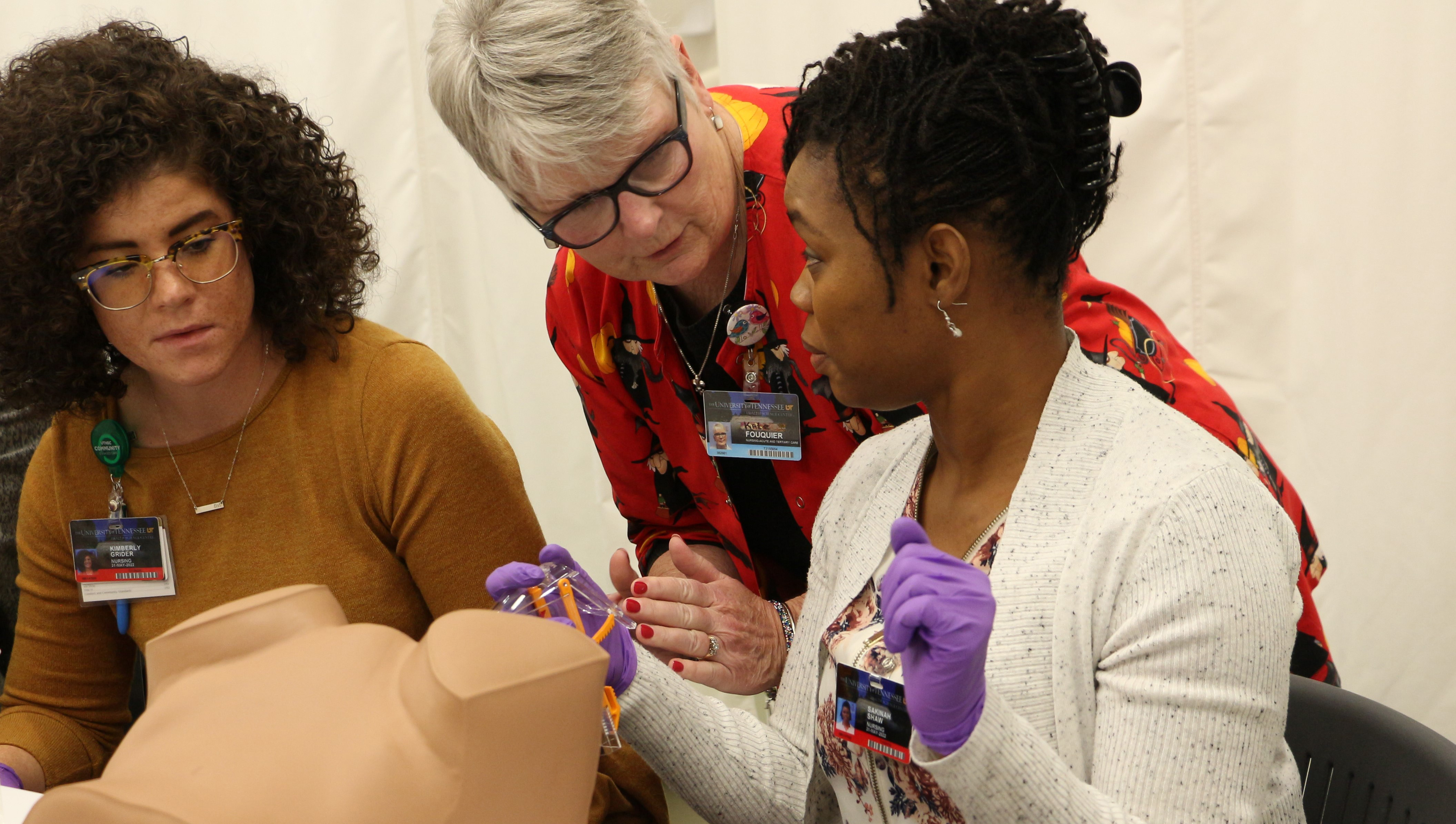DOI
10.21007/con.dnp.2021.0004
Faculty Advisor
Jacqueline Sharp, DNP, APRN, PMHNP-BC
Subject Matter Expert
Livinus Uba, PhD
Document Type
Poster
Publication Date
Spring 4-6-2021
Disciplines
Analytical, Diagnostic and Therapeutic Techniques and Equipment | Cognitive Behavioral Therapy | Diseases | Medicine and Health Sciences | Mental and Social Health | Nursing | Other Mental and Social Health | Psychiatric and Mental Health | Psychiatric and Mental Health Nursing | Substance Abuse and Addiction | Therapeutics
Abstract
Abstract: Multiple studies have found that psychiatric disorders, like mood disorders and substance use disorders, are highly comorbid among adults with either disorder. Integrated treatment refers to the treatment of two or more conditions and the use of multiple therapies such as the combination of psychotherapy and pharmacotherapy. Integrated therapy for comorbidity per numerous studies has consistently been superior to the treatment of individual disorders separately. The purpose of this QI project was to identify the effectiveness of Cognitive Behavioral Therapy (CBT) instead of current treatment as usual for treating Substance Use Disorder (SUD) or mental health diagnosis independently. It is a retrospective chart review. The review examines CBT's efficacy for engaging individuals with co-occurring mood and substance use disorders in treatment by enhancing adherence and preventing disengagement and relapse.
Methods: Forty adults aged 26-55 with a DSM-IV diagnosis of a mood disorder of Major Depressive Disorder and/or anxiety and concurrent substance use disorder (at least weekly use in the past month). Participants received 12 sessions of individual integrated CBT treatment delivered with case management over a 12-week period.
Results: The intervention was associated with significant improvements in mood disorder, substance use, and coping skills at 4, 8, and 12 weeks post-treatment.
Conclusions: These results provide some evidence for the effectiveness of the integrated CBT intervention in individuals with co-occurring disorders. Of note, all psychotherapies are efficacious; however, it would be more advantageous to develop a standardized CBT that identifies variables that facilitate treatment outcomes specifically to comorbid disorders of substance use and mood disorders. It is concluded that there is potentially more to be gained from further studies using randomized controlled designs to determine its efficacy.
Recommended Citation
Madu, Laura U.; Sharp, Jacqueline; and Bellflower, Bobby , "Efficacy of Integrating CBT for Mental Health Care into Substance Abuse Treatment in Patients with Comorbid Disorders of Substance Abuse and Mental Illness" (2021). Doctor of Nursing Practice Projects. Paper 4. http://dx.doi.org/10.21007/con.dnp.2021.0004.
https://dc.uthsc.edu/dnp/4
Included in
Cognitive Behavioral Therapy Commons, Diseases Commons, Other Mental and Social Health Commons, Psychiatric and Mental Health Commons, Psychiatric and Mental Health Nursing Commons, Substance Abuse and Addiction Commons, Therapeutics Commons


